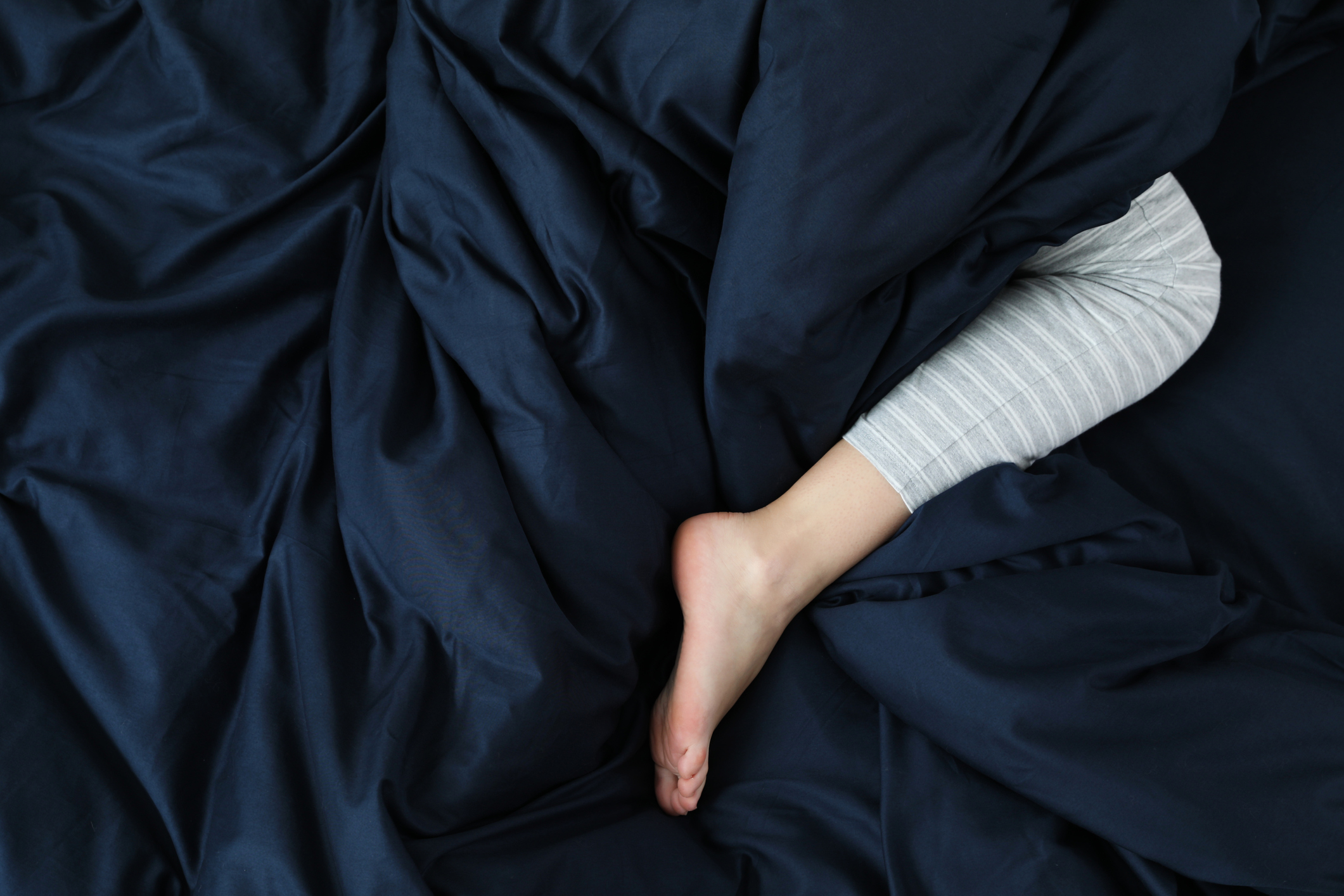From Hot Flashes to Mood Swings: Practical Tips for Managing Perimenopause Symptoms
Perimenopause can be a troubling, tricky time of irregular periods, hot flashes and interrupted sleep patterns. This article gives you practical tips on curbing these symptoms to find relief and power through your day.
We always recommend you speak to a doctor before changing your diet, exercise or supplement regime.
How do I know if I’m going through perimenopause?
Perimenopause is the transitional time to your final period and results in menopause – it can last anywhere between one to ten years – with an average of four years. Perimenopause typically starts between the ages of 45-55. Premature menopause is when your final period occurs before the age of 40, and early menopause is having a final period between ages 40-45. Changes and irregularities to your usual period are common signs of entering perimenopause if you are around this age. Your menstrual cycle may change in terms of its regularity, flow (heavy or light), length of time (longer or shorter) and rate of ovulation.
What causes perimenopause symptoms?
First, let’s begin with what perimenopause is – perimenopause is the age-related gradual shift where ovaries stop working. During the shift, hormone fluctuations create an array of perimenopausal symptoms. Ovaries secret the majority of your body’s estrogen, and when they begin to slow down – so do estrogen levels. This estrogen decline affects the entire body, including the menstrual cycle, brain, heart, vasculature, skin, bones and nails. Estrogen isn’t the only one to blame for the symptoms; perimenopause involves many hormones like progesterone, testosterone, cortisol, Follicle-Stimulating Hormone (FSH) and Luteinising Hormone (LH). For example, studies have shown that elevated (FSH) is associated with hot flashes.
Perimenopause and Menopause Symptoms
Officially, there are 34 signs and symptoms of perimenopause. However, this doesn’t mean you will experience them all. Just like puberty, the transition to menopause is a uniquely individual experience. According to Jean Hailes, 20% of women have no symptoms, 60% experience mild to moderate symptoms, and 20% experience severe symptoms.
Hot Flashes
Beyond the discomfort, hot flashes can also lead to sleep disturbances that affect mental health.
Tips to ease hot flashes:
- Find and limit your triggers. Common triggers include smoking, eating spicy food or sugar and drinking caffeine and alcohol.
- Keep your home cool and ventilated – during the day and especially at night. Sleep with a light sheet and minimal clothing. If you’re struggling at night to cool down, consider investing in a cooling pad.
- Choose fruits and vegetables with high water content, like melon, berries, cucumbers and tomatoes. These can help you stay hydrated and cool while flushing out your system.
- Avoid strenuous exercise before bed.
Irregular Periods
Periods may get heavier, lighter, shorter or longer. They also may skip months altogether.
Tips to help regulate your period:
- Increase your protein intake. Protein not only helps your body produce hormones but also helps to balance out blood sugar levels – decreasing the chance of cortisol spikes.
- Eat brassica vegetables like broccoli, cauliflower and brussel sprouts to help the liver cleanse and remove excess hormones.
- Eat foods rich in zinc and vitamins B6, B12 and A – this can help your liver remove toxins and excess hormones while also giving you an energy boost.
- Increase your dietary fibre. Fibre helps your body clear excess estrogen while also providing essential antioxidants.
Sexual Dysfunction
Female sexual dysfunction can include vaginal dryness and low libido. Low estrogen causes a decrease in vaginal lubrication and thinning of the skin (vaginal atrophy) – which can lead to painful sex (dyspareunia) and, ultimately – low libido.
Tips to ease sexual dysfunction:
- Increase your daily fat intake – think omega-3-rich foods like salmon, nuts, seeds, oil and avocado. Supplementing with a quality omega-3 supplement or primrose oil is a good idea.
- Find and use a good quality water-based lubricant and vaginal moisturiser.
- Chat with a sex therapist.
- Talk with your GP about vaginal estrogen.
- See a physio who specialises in female health.
Sleep Disturbances
Changes in progesterone can alter sleeping habits. Sleep is uber-important; it forces your body and mind to rest, repair and relax. So try to maintain a least 7-8 hours of zzz’s per night.
Tips to help you sleep peacefully:
- Tidy up your sleep hygiene – no screens before bed, dim lights and blackout curtains if necessary.
- If making a midnight bathroom trip, try not to turn on any lights.
- Keep the room cool, dark and quiet.
- Consider taking a sleeping supplement.
- Limit caffeine, alcohol and heavy meals before bed.
- Enjoy peaceful bedtime rituals, including chamomile tea, stretching, journalling, a good book or a bath infused with lavender oils.
Fatigue and Moodiness
Just like PMS, perimenopause can lead to feelings of tiredness and irritability.
Tips to energise and lift spirits:
- Avoid overconsumption of caffeine and alcohol, as this can spike cortisol levels.
- Find something that makes you happy – and do it—extra points if it gets you outside and into the sun and nature.
- Avoid high-intensity workouts; this can raise your cortisol levels and put unnecessary pressure on your body. Try walking, pilates, strength training or yoga.
- Consider supplementing with an adaptogenic herb supplement – like this Protein Blend.
Weight Gain
As cortisol levels rise, so does the tendency to store fat around the midsection.
Tips for controlling tummy weight gain:
- Raise your metabolism by increasing your Non-Exercise Activity Thermogenesis (NEAT). NEAT is day-to-day movement that doesn’t include sleeping or sport. You can do this by walking more, doing house chores – and even fidgeting!
- Increase your protein intake – this will help support muscle mass, maintain a leaner body and keeps you fuller for longer.
Thinning Hair
Realising your hair is thinning or falling out more can be distressing. Changes to your thyroid, decreased testosterone, stress or low protein intake can contribute to increased hair shed.
Tips for maintaining luscious and full locks:
- Ensure you are getting quality nutrition. Think vegetables, fruits, lean meats, and fish. Eating a wide variety of whole foods will maximise your nutrition and decrease the chances of a vitamin or mineral deficiency.
- Staying calm about hair shed is more easily said than done. Find calming rituals to do when you feel panicked or triggered.
- Consider taking a supplement to support the growth of your hair, like this Marine Collagen Beauty Blend.
- Speak to your GP or trichologist – it’s best to get to the root of the issue and find out why there’s increased hair fall.
This information is for educational purposes only and is in no way medical advice. If you are concerned about your health, please talk to your local GP or health professional.
Take care,
The Pro You team x







